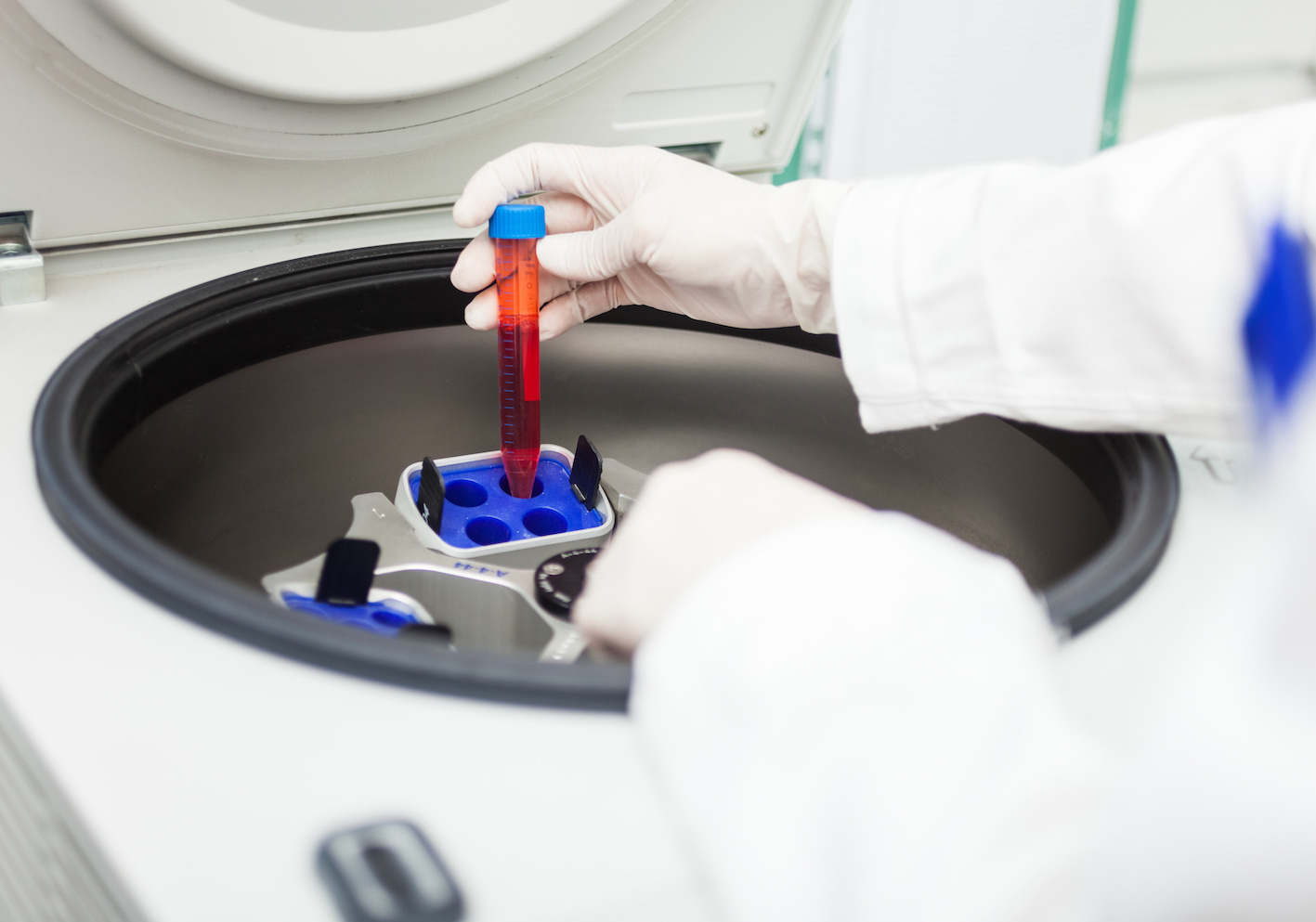US scientists link mitochondrial DNA levels with severity of COVID-19
January 21, 2021 | Thursday | News
Mitochondrial DNA levels were much higher in patients who eventually were admitted to the ICU, intubated or died
Source: Shutterstock
Scientists at Washington University School of Medicine in St Louis have shown that a relatively simple and rapid blood test can predict — within a day of a hospital admission — which patients with COVID-19 are at highest risk of severe complications or death.
The study, published Jan 14 in JCI Insight, involved nearly 100 patients newly admitted to the hospital with COVID-19.
The blood test measures levels of mitochondrial DNA, a unique type of DNA molecule that normally resides inside the energy factories of cells.
“Doctors need better tools to evaluate the status of COVID-19 patients as early as possible because many of the treatments — such as monoclonal antibodies — are in short supply, and we know that some patients will get better without intensive treatments,” said Andrew E Gelman, Co-senior author, Jacqueline G and William E Maritz Endowed Chair in Immunology and Oncology in the Department of Surgery.
“We will need larger trials to verify what we found in this study, but if we could determine in the first 24 hours of admission whether a patient is likely to need dialysis or intubation or medication to keep their blood pressure from dropping too low,” said Hrishikesh S Kulkarni, author, Assistant Professor, Medicine.
They found that mitochondrial DNA levels were much higher in patients who eventually were admitted to the ICU, intubated or died. The researchers found this association held independently of a patient’s age, sex and underlying health conditions.
Gelman said, “The cell breaks open, releasing the contents, including mitochondrial DNA, which itself drives inflammation.”
Before they can apply for approval from the Food and Drug Administration (FDA), the scientists will need to verify that the test is accurate in a larger multi-centre trial.









